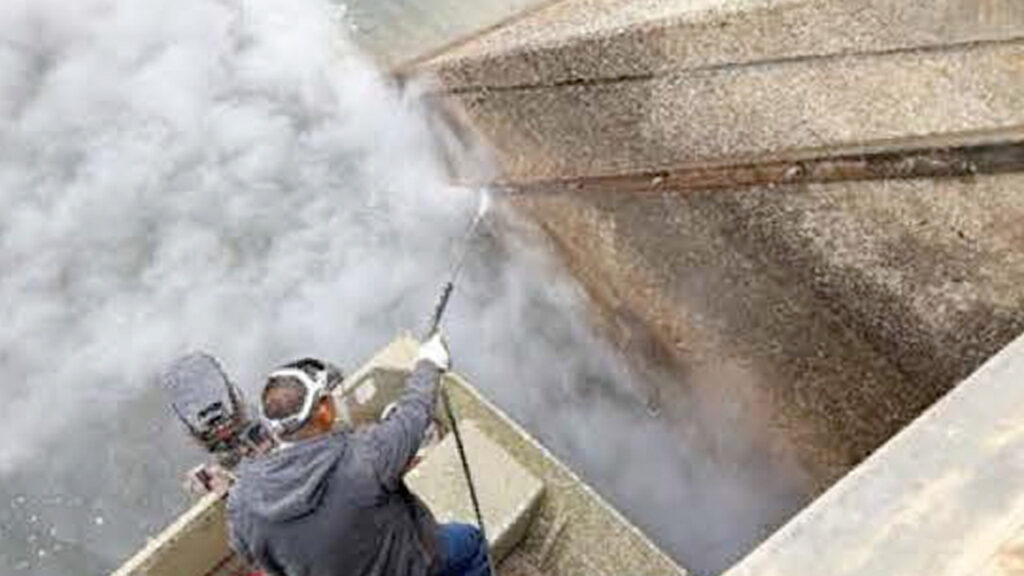Share
Many Americans are struggling financially due to the coronavirus. A recent federal relief package makes it easier for people financially harmed by the coronavirus outbreak to tap into their retirement savings for cash by loosening rules for withdrawals and loans.
But should they use them?
Experts say it’s an option of last resort and should be done with great caution. A few things to consider first:
Withdraws
The CARES Act allows people affected financially by the coronavirus to withdraw up to $100,000 penalty free from eligible retirement accounts during 2020. Previously, any withdrawal before age 59 ½ faced a 10% penalty.
The new withdrawal rules apply to most retirement accounts, such as 401(k) accounts, 403(b) accounts and IRAs. The rules are fairly broad in terms of who qualifies: anyone who has been diagnosed with the virus or has otherwise experienced related adverse financial consequences.
People won’t face a penalty, but they will still have to pay taxes on the withdrawals. However, those tax payments can now be stretched over three years.
If people repay what they’ve withdrawn during the next three years, those contributions will not count toward the maximum limit for contributions.
Loans
Individuals can now take a loan of up to $100,000, double the prior $50,000 limit, from qualified retirement accounts. People also used to be limited on what they could borrow — only up to 50% of the fully vested amount they held, now 100% of it is available.
While retirement savings plans are not required to increase these limits, the legislation provides them the flexibility to do so.
Anyone who took a loan from their plan from the time the legislation was passed on March 27 through the end of the year may also delay payments for a year.
Pros and Cons
It’s tempting for people in difficult financial straits to look to their retirement accounts for help at times like this. But experts urge people to consider all alternatives first.
Tax on withdrawals can be prohibitively expensive, even if spread out over time. And by selling holdings now, participants are taking money out at a low point in the market. They also are unlikely to pay it back. And most importantly, it takes money away for when they will need it — in retirement.
“(It) is truly, truly the alternative of last resort. That is where we go last,” said Evelyn Zohlen, chair of the Financial Planners Association. “That is sacrificing your future financial security for your current financial security.”
The Center for Retirement Research at Boston College estimates that about half of today’s working families — before the crisis — would not have been able to maintain their standard of living in retirement. Part of the reason is that people take money out of their retirement accounts early. Alicia Munnell, director of the center, said their best estimate is that about 1.5% of assets leak out each year.
“That may not sound like much, but it means that assets at retirement are 20% less than they would have been without leakage,” Munnell said.
Alternatives
Experts urge people to consider alternative sources for cash first.
If you have an emergency savings account, this is the time to use it, said Eliza Badeau, director of Thought Leadership at Fidelity Investments. The next line of defense is money held somewhere not exposed to the stock market, such as a CD. Then consider other non-retirement accounts that do have stock market exposure — such as a brokerage account, vested restricted stock or share purchased in an employee stock purchase plan.
If your situation is temporary, consider using a credit card with no balance to pay for essentials. Do this only if you can pay the balance within the month. A personal loan or a home equity loan is another option, only if your situation is temporary and the rates are favorable.
In addition, make sure you are reducing as much as possible the money spent in your household. That means taking advantage of relief programs, such as those for student loan payments, delayed income tax payments or more.
If you still must tap into retirement savings, consider a loan first instead of a withdrawal. A borrower doesn’t face the same tax consequences and there is a lessened impact on your future financial situation because borrowers are forced to repay the loan.
However, if you leave your employer — by choice or not — loans must be repaid shortly after that time.
Take only what you need to minimize impact, but take enough to sustain you as plans typically limit the number of loans or withdrawals people can make.
If you do withdraw money from your retirement account, make sure to have a plan to pay the taxes and pay the account back, said Michael Foguth, of the Fouguth Financial Group in Michigan.
“It is not necessarily a bad idea, if done correctly,” Foguth said. “Given the circumstances, you have to do what you have to do.”
RELATED TOPICS:
Categories



















